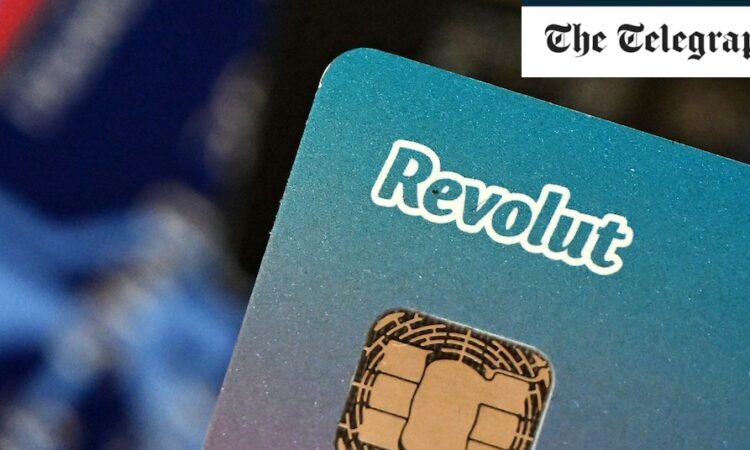
During this period, the FOS received 3,000 fraud and scam complaints from Revolut customers. Of these, 1,400 were in relation to APP fraud.
This is more than the FOS received about Revolut for the whole of 2022-23 when 1,950 fraud complaints were lodged, of which 1,000 were APP fraud.
For every £1m received into Revolut customers’ accounts, £1,158 is APP fraud, according to a recent report by the Payment Systems Regulator.
This was a higher fraud rate than the major banks in the report and compares to £696 at Metro Bank, £227 at Monzo and £217 at Barclays.
The PSR noted that smaller banks and payment firms typically have higher rates of fraud than the large banks because they are in the earlier stages of preventing fraud.
Meanwhile CEL, which pursues claims for consumers on a no-win, no-fee basis, said they handle more scam complaints, in absolute terms, about Revolut than any other UK bank. Of those complaints, 99pc end up at the FOS, compared to 69pc for the top six UK Banks.
A customer may go to the FOS if their dispute with a business cannot be settled.
When a customer complains to the FOS, a case handler will investigate and make an initial recommendation, giving both parties time to confirm if they agree or disagree.
If either party does not accept the assessment then they have the option of escalating to an Ombudsman for a final decision. As long as the consumer accepts the final decision, then this is legally binding.
But prior to that, either party can raise concerns at any point during the complaint process.
Many major banks have promised to reimburse scam victims under a voluntary code called the CRM code. However Revolut has not signed up.
Despite the CRM code, customers of big banks can still struggle to get their money back. A bank may choose not to reimburse fraud victims if it believes they could have done more to avoid being scammed.
Revolut is authorised to provide e-money services but has not yet been granted a banking licence after first applying for one in 2021. It is determined to secure a licence so it can expand in the UK.
The new UK chief executive Francesca Carlesi said in an interview with the Times earlier this month: “We don’t want just to be the best player in the industry, we want to be the safest place where you manage your money, and becoming a bank gives all our stakeholders and our customers that additional safety.”
Last year, Chancellor Jeremy Hunt hailed Revolut as “a shining example from our world-beating fintech sector”. It has grown rapidly since 2015 and now looks after seven million UK customers.
In October, new regulations will come into effect which will force all payment service providers to reimburse fraud victims except in specific circumstances.
A spokesman for Revolut said: “As a UK Payment Service Provider, Revolut abides by the same regulatory standards as any “high street bank” in combating fraud. We strongly refute any suggestion that we do not, nor wish to, abide by these standards.
“Revolut takes fraud and the industry-wide risk of customers being coerced by organised criminals, incredibly seriously. We have robust protections in place for our millions of customers and analyse over half a billion transactions a month.
“Our security features include AI models, over 4,000 trained anti-financial crime professionals as well as experienced data scientists. Where we detect signs of fraud, we intervene and investigate, and where customers do fall victim to fraud, we have front-line staff on hand 24/7 to provide support. In 2023, we prevented over £475m of potential fraud against our customers.
“We are deeply concerned that large numbers of frauds are being enabled by ruthless criminals through social media platforms as well as using fake and spoofed phone calls. It is vital that fraud is also tackled at source, and that banks and financial service providers should be the last line of defence against fraud, not the only line of defence.”





